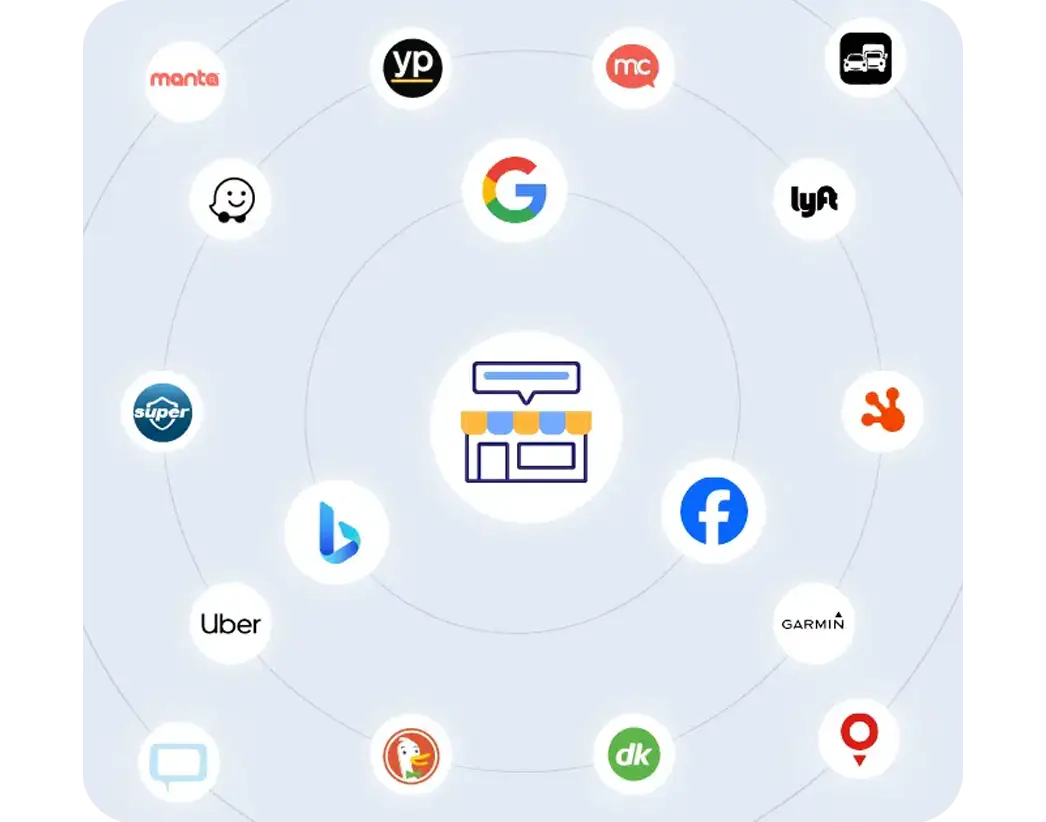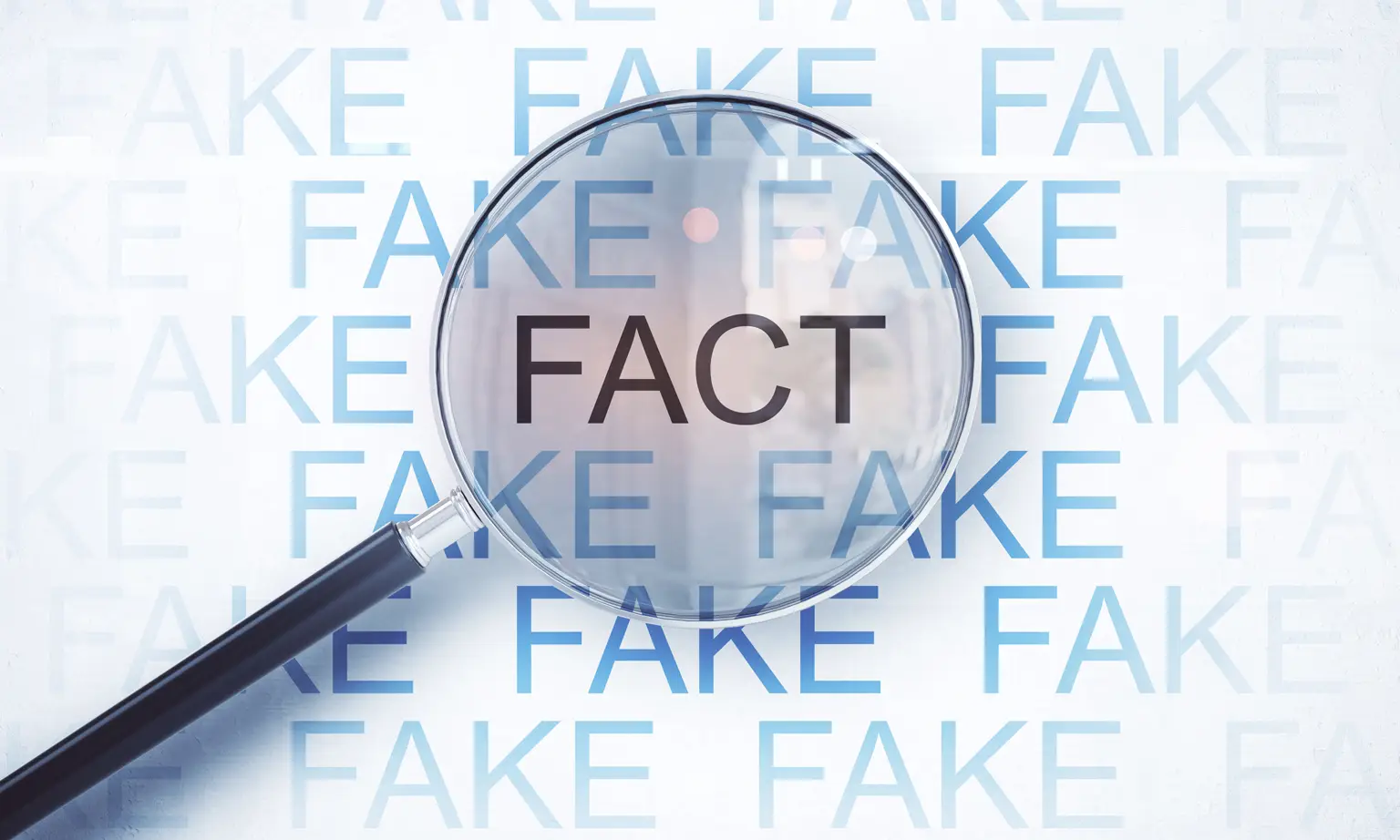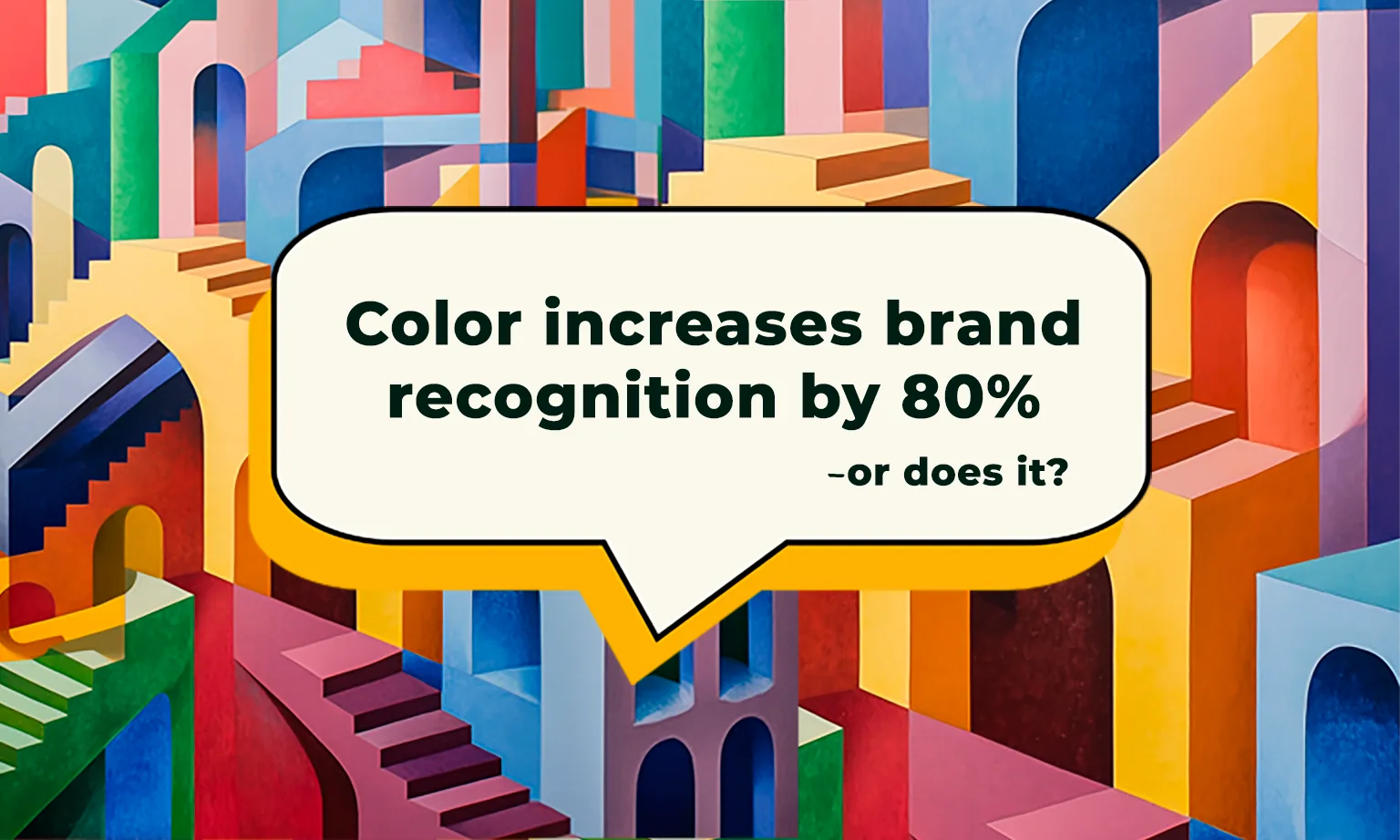Reviews are not just for restaurants and hotels anymore. Reviews are now an integral part of most industries and can have an incredible impact on a business— both positive and negative.
Online reviews are the new word of mouth. They are a way for customers to share their opinions on products, services, or experiences with others online.
Reviews can work for you or against you. It all depends on how your business handles them. If customers have a positive experience with your product, service, or company, they will likely leave a good review for you online.
On the other hand, if they have a negative experience with your product, service, or company, they will likely leave a bad review.
Now that we’ve recognized the power of reviews — businesses want to know their rights and what’s fair. Some people use reviews as retaliation. Let’s talk about how to decipher the difference!
How Can You Determine if a Review is Fair?

With the challenges of online reviews and how extraordinary their impact can be, the laws and lines of accepted and fair have become more complex. Here is Google’s official policies on reviews.
We’ve previously discussed the potential for lawsuits regarding libel or defamation lawsuits.
Reviews have to be opinions. Also, they have to be truthful, valid, and without malice. If there’s malicious intent, it can be seen as one of the violations as a punishable offense. People can write their own opinions, not just targeting a business out of malice.
Now, it’s not to say you cannot express your opinion, but there’s a difference between that and purposely trying to bring harm to a company and especially if there’s no merit to back up your claims.
We’ve also covered the trend of large numbers of people posting a one-star in retaliation. Removing one star can be difficult to prove, especially if there are no comments. Flagging has helped mitigate that situation, but without words, a one-star might stay longer.
When it’s only a one-star, there’s no proof of defamation or negativity per se. You can only assume it’s due to retaliation, but you’d need to prove it first, have it removed, and yet will still need to rebuild your online presence.
Unfortunately, a one-star can be considered your opinion and freedom of speech, giving little allowance to a business taking legal action. However, they can appeal the situation, but it might take longer.
The issue is a case-by-case situation and needs to be examined with each circumstance to determine whether it’s fair or goes against the law. Unfortunately, according to Google you can only appeal to have reviews removed if they meet this criteria.
Automation Software Can Rectify Reputation Damage
There is no one size fits all solution when it comes to handling reviews – each situation is different and requires careful consideration and management.
You don’t have to worry about how a review can hurt your business when you control your business’s online reputation. Not all reviews might be considered fair, and it’s essential to understand the legal ramifications of a review and its aftermath.
The high importance of online reviews makes it necessary to have a plan for online reputation management. It’s vital to respond to positive reviews and negative reviews quickly.
With ReviewInc’s reputation management software, businesses have the tools to oversee their online reputation and all reviews properly. This allows their team to respond quickly and appropriately, as well as collect new reviews.
To learn more about ReviewInc’s Review Flow, request a demo here.









